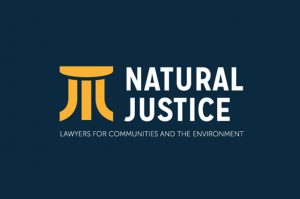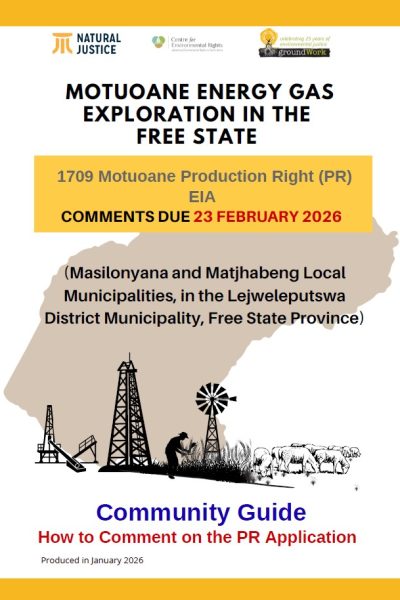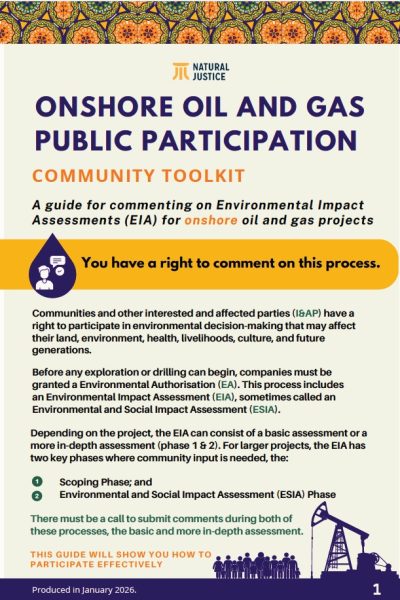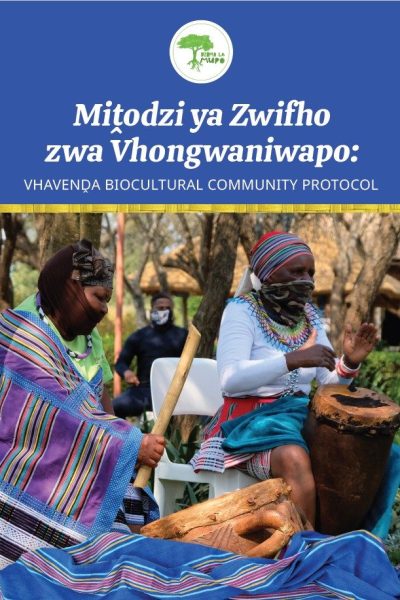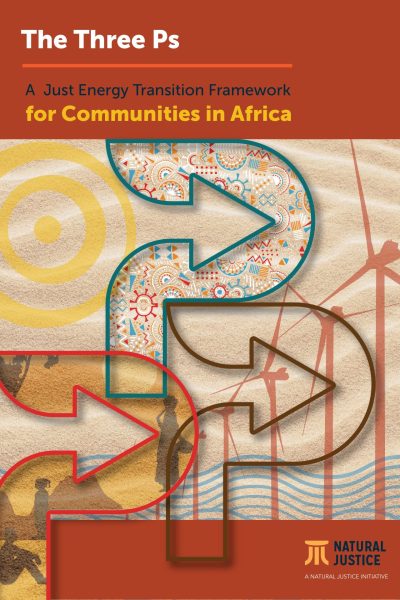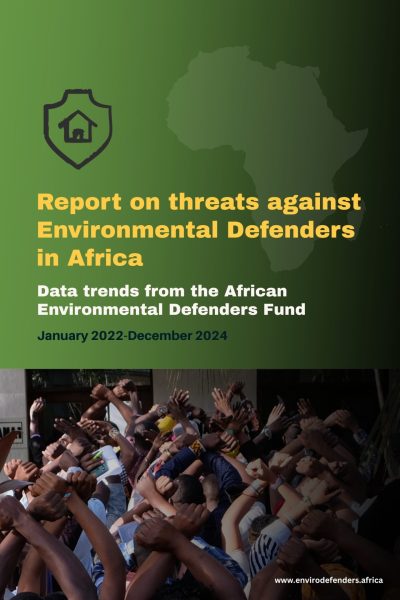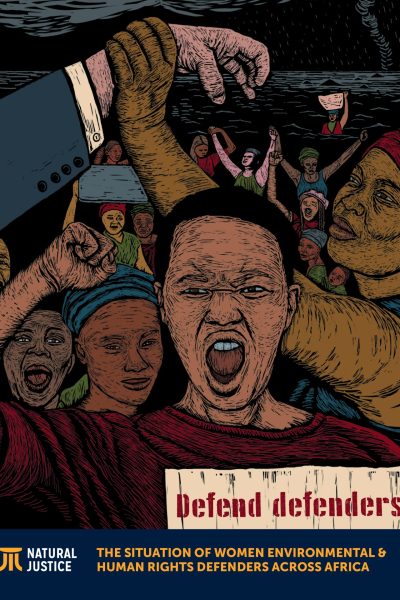In 2024, the South African government proposed new regulations relating to the Environmental Impact Assessment process.
Natural Justice and many other NGOs were deeply concerned about the amendments, and the made submissions.
Natural Justice focused on promoting the following:
Thorough Environmental Assessments: Full environmental impact assessments must be performed for high-impact activities to ensure ecological integrity and long-term sustainability. High Impact Activities refer to general industrial, extractive, or infrastructure projects that have significant environmental and social consequences. These could be defined as:
- Hydraulic fracturing (fracking). This is a method used to extract oil or gas from underground by injecting high pressure liquid into rock formations. This process could lead to water contamination, air pollution and even smaller earthquakes (Referenced in the amendment to Listing Notice 1: Activity 66A)
- Seismic Surveys for oil and gas exploration. These use of loud sound waves underwater to detect oil and gas reserves beneath the ocean floor. These blasts can harm marine life, disrupt fish populations, and impact small-scale fishers who depend on the ocean for their livelihoods (Referenced in Amendment to Appendix 1: Activity 21H).
- The construction of ports, oil refineries, or industrial zones near coastlines. These projects can increase erosion, destroy mangroves, and threaten the livelihoods of small-scale fishers and coastal communities. (Referenced in Amendment to Regulation 39(2)(d), which affects activities on coastal public property)
Empowering Public Participation Mechanisms: Involving a wide range of actors—from communities and civil society to industry—helps to ensure that key decisions affecting the environment are informed, inclusive, and transparent.
Alignment with Climate and Conservation Objectives: Policies must strengthen South Africa’s commitment to decarbonization and protecting biodiversity, while also allowing sound economic development.
Valuing Community Rights and Knowledge: Indigenous and local communities have longstanding relationships with their land and natural resources. Their voices and insights are crucial to delivering policies that do right by cultural heritage and environmental stewardship.

